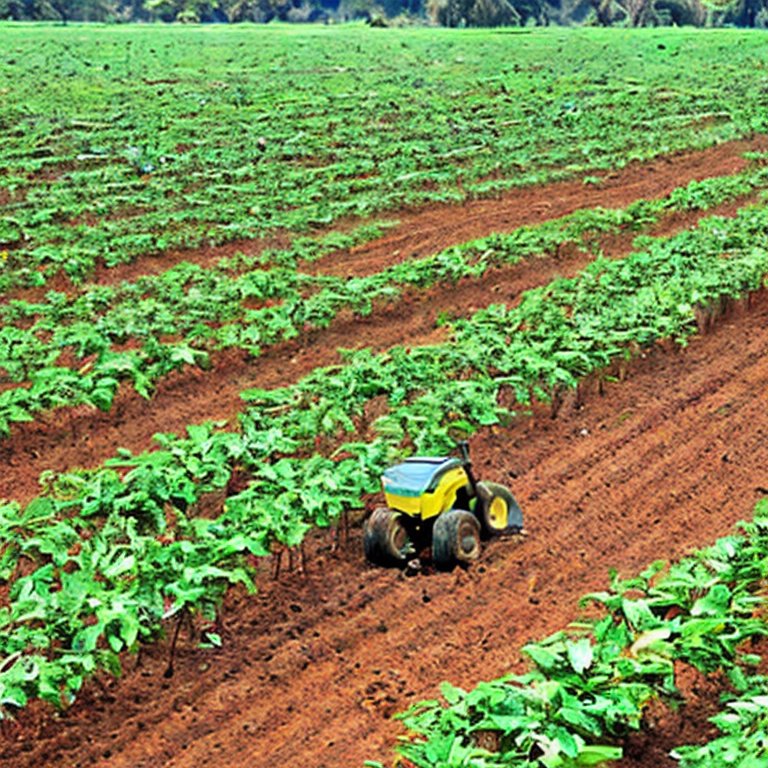Overcoming the Challenges of Smallholder Farming in Africa with Robotics
Date: Feb 12, 2023
Smallholder farming is a backbone of Africa's agricultural sector, providing a livelihood for millions of families and contributing to the continent's food security. However, small-scale farming in Africa is often beset by a range of challenges, including limited access to resources, low productivity, and limited profitability. These challenges are limiting the potential of Africa's agricultural sector and holding back the continent's economic growth.
But there is a solution to these challenges: robotics. The use of autonomous farm machinery can revolutionize smallholder farming in Africa, offering a range of benefits that can help overcome the challenges faced by farmers. By automating repetitive tasks and increasing efficiency, robotics can significantly increase productivity, reduce costs, and improve the livelihoods of smallholder farmers.
One of the biggest challenges facing smallholder farmers in Africa is the lack of access to resources such as land, capital, and technology. With robotics, smallholder farmers can overcome these barriers by reducing the need for large amounts of land, capital, and labor. Autonomous farm machinery can perform tasks such as planting, harvesting, and tilling with greater speed and precision than manual labor, reducing the need for large amounts of manpower. While the initial cost of acquiring and implementing autonomous farm machinery can be substantial, the increased efficiency and productivity resulting from its use can help offset the initial investment over time.
Another challenge facing smallholder farmers is low productivity. With manual labor, it can be difficult to achieve the yields necessary to make farming profitable. But with robotics, smallholder farmers can achieve higher yields with less effort, as autonomous farm machinery can perform tasks faster and more efficiently than manual labor. This increased productivity can help farmers increase their profits, helping to build a more sustainable and profitable agricultural sector.
Finally, by automating repetitive tasks, robotics can also improve the quality of life for smallholder farmers. With less time spent on manual labor, farmers can focus on other important aspects of their business, such as marketing, business development, and community building. This improved quality of life can help to build a more sustainable and resilient agricultural sector in Africa, one that is better equipped to meet the needs of smallholder farmers and their families.
In conclusion, the use of robotics in smallholder farming in Africa offers a range of benefits that can help overcome the challenges faced by farmers. By increasing productivity, reducing costs, and improving the quality of life for farmers, robotics can help to build a more sustainable and profitable agricultural sector in Africa. The future of smallholder farming in Africa is bright, and with the help of robotics, the potential for growth and prosperity is limitless.
